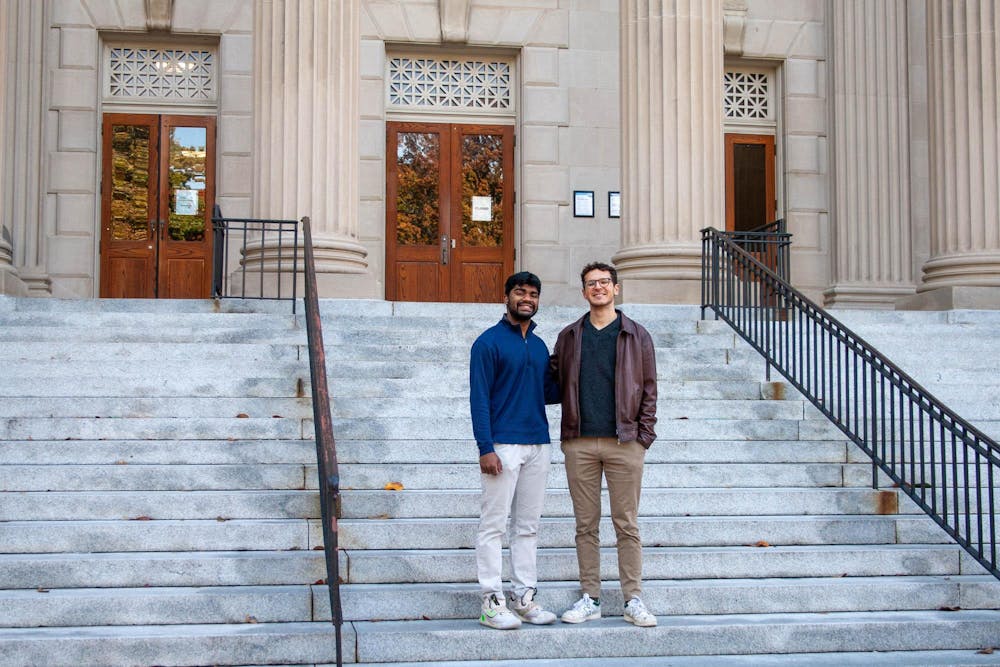UNC offers more than 80 majors for students to pursue, however, students who don’t align with a preexisting program can also pursue a Bachelor of Arts in Interdisciplinary Studies.
According to the UNC academic catalog, the Interdisciplinary Studies major, abbreviated as IDST, provides an “innovative space and a flexible, individualized program structure for students who wish to develop a major different from those already offered.”
Interim Director of Interdisciplinary Studies William Goldsmith wrote in a statement to The Daily Tar Heel that the students in the major currently pursue around 50 unique programs.
Curriculum Director Nick Siedentop wrote in a separate statement that the major has been around for decades, dating back to 1997 in the UNC catalog archives.
The 24-credit major allows for students to generate their own academic plan and create a unique course of study. In previous years, students pursuing IDST majors have studied topics ranging anywhere from entertainment management to cultural studies, the undergraduate curricula website states.
Sophomore Suhan Asaigoli, an IDST major, said in an email statement to The DTH that he is studying “Neurohumanities, Cognitive Health and Experience.” He wrote that he applied to the IDST program because it allowed him to pursue “a unique academic path focused on exploring the narratives of illness and the human experience of disease.”
Because IDST majors have the ability to design their own curriculum, students who desire to pursue this major must apply to it. Asaigoli wrote that completing the application was an insightful experience.
“It compelled me to comprehensively reflect on my interests as a student, ruminate on how I wanted to further explore those in my own course plan, and conduct research into the many departments and faculty that we have at UNC to shape my designed major,” he wrote.
The application consists of a form requiring prospective students to explain their proposed major, outline the necessary courses and complete four short answer questions about their goals. After completion, the form is then sent to the IDST program director before being reviewed by an advisory board.



